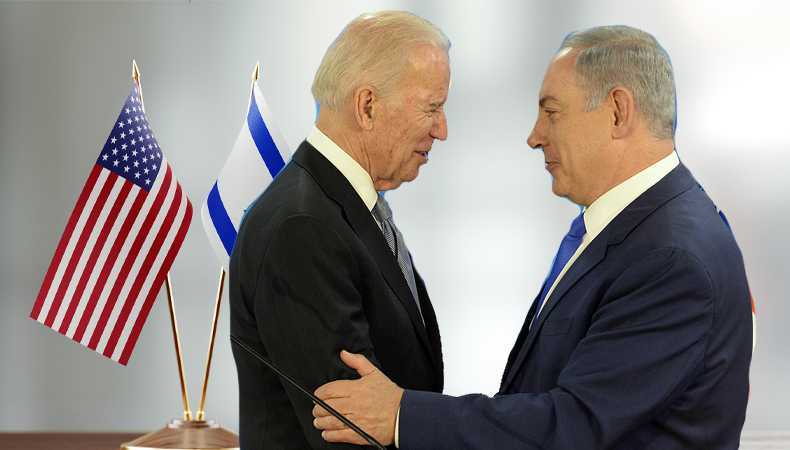The Changing Dynamics of the US-Israel Relationship: A Closer Look

The recent speech by Israeli President Isaac Herzog to the US Congress seemed to rehash tired talking points on the “sacred bond” and shared ideals between the US and Israel. However, a more profound truth is hidden beneath the theatrical language: the two countries’ ties are fundamentally changing. The claim made by former prime minister Yair Lapid that the United States is no longer Israel’s most vital partner illustrates a change in the situation. Still, one must look beyond political rhetoric to fully comprehend this change.
While it is true that former Israeli Prime Minister Benjamin Netanyahu contributed to the growing gulf between Israel and the US, it would be inaccurate to blame him for the relationship’s evolution simply. Political, geographical, and demographic shifts and trends have all impacted the distance between the two nations. Far-right MPs made up a large portion of Netanyahu’s coalition, which drew condemnation from both internal and foreign critics for allegedly eroding democratic institutions in Israel.
Bipartisan support has historically existed for the US-Israeli relationship. The Democratic Party’s affinity for Israel has, however, waned in recent years. According to a Pew Research Center survey conducted in June 2022, more Democrats showed a favourable impression of Palestinians than Israelis, pointing to a change in party public opinion.
President Joe Biden has struggled to balance his dealings with Israel. He has stated his support for Israel and disapproval of several Israeli policies. For instance, Biden called Bernie Sanders’ suggestion to suspend funding from Israel because of its treatment of Palestinians “bizarre.” However, the pro-Israel lobby’s pressure has persuaded the US to continue giving Israel considerable military aid.
Israel is worried about the US’s ongoing withdrawal from the Middle East and the rising of China in the Asia-Pacific area. Therefore, Israeli thinkers and politicians have promoted independence and sought new allies, notably in the Global South. Israel now has some degree of independence from US policy in the Middle East, including participation in the US-sponsored peace negotiations with the Palestinian Authority, thanks to the campaign’s effectiveness.
Israel’s robust military exports to the rest of the world, totalling more than $12.5 billion last year, have helped to strengthen its sense of independence. Although much of the technology was collaboratively created with the US, Israeli officials now feel confident enough to distance themselves from the Democratic Party and turn to the more accommodative Republican Party.
The truth lies between President Herzog’s assurance of a “sacred bond” and Lapid’s claim of a waning alliance. Indeed, several internal and foreign variables are affecting the US-Israeli relationship. Israel may no longer consider the US its closest ally, but it is unlikely it will be able to replace Washington’s steady backing that it has long enjoyed. Although the future of the US-Israel alliance is still unclear, complicated geopolitical and regional developments will indeed have an impact. Both countries must adjust to this changing environment as the world changes to manage their diplomatic relations successfully.




